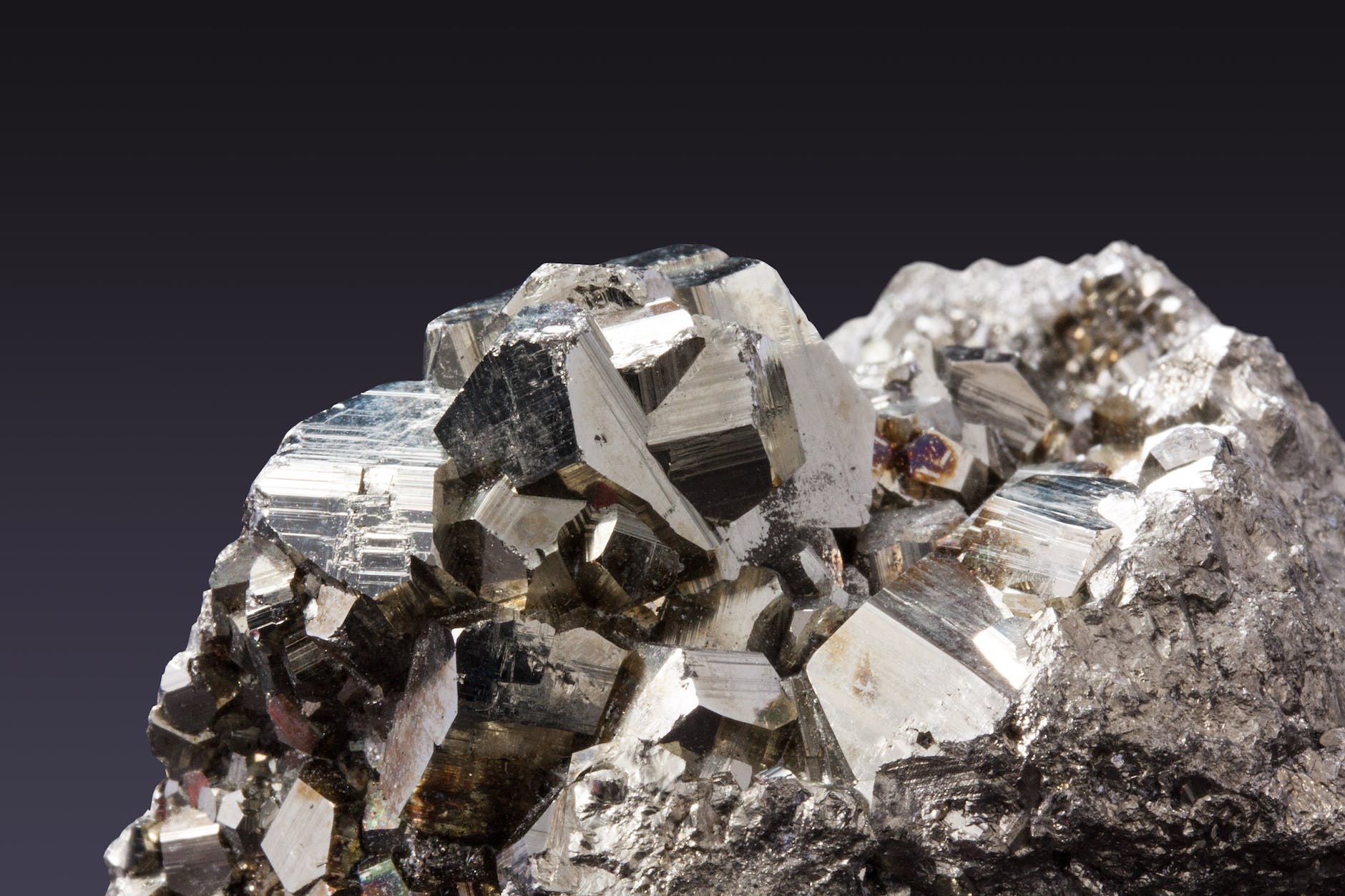
Unearthing Vitality: The Power of Essential Minerals in Your Diet
September 15, 2023Minerals are the unsung heroes of our diet, often overshadowed by vitamins and macronutrients. These micronutrients play a fundamental role in maintaining our health and well-being. In this blog post, we’ll dive into the world of essential minerals, exploring their functions, dietary sources, and why they are crucial for your overall health.
- Calcium: The Bone Builder
Calcium is synonymous with strong bones and teeth. It also supports muscle function, nerve transmission, and blood clotting. Dairy products like milk and yogurt are rich sources, but you can also find calcium in leafy greens, tofu, and fortified plant-based milk.
- Iron: The Oxygen Carrier
Iron is vital for carrying oxygen in your blood. Without enough iron, you may feel fatigued and weak. Red meat, poultry, beans, and fortified cereals are excellent sources of iron. Pairing iron-rich foods with vitamin C can enhance iron absorption.
- Magnesium: The Mighty Mineral
Magnesium is involved in over 300 biochemical reactions in your body. It supports muscle and nerve function, regulates blood sugar, and promotes bone health. You can find magnesium in nuts, seeds, whole grains, and leafy greens.
- Potassium: The Blood Pressure Regulator
Potassium helps regulate blood pressure and maintain proper muscle and nerve function. Bananas are well-known for their potassium content, but you can also get it from potatoes, oranges, and beans.
- Sodium: Balancing Act
Sodium, often paired with its counterpart potassium, is essential for maintaining fluid balance and nerve function. However, excessive sodium intake can lead to high blood pressure. Moderation is key, and most of our sodium comes from processed foods.
- Zinc: The Immune Booster
Zinc is crucial for a healthy immune system, wound healing, and DNA synthesis. Oysters, red meat, poultry, and dairy products are rich sources of zinc. Plant-based sources include nuts, seeds, and whole grains.
- Selenium: Antioxidant Armor
Selenium acts as an antioxidant, helping to protect cells from damage. It also supports thyroid function and immunity. You can find selenium in seafood, lean meats, whole grains, and nuts.
- Copper: The Connective Tissue Support
Copper plays a role in forming collagen, a protein that supports connective tissues, skin, and bone health. It’s also involved in iron absorption. Copper is present in nuts, seeds, whole grains, and organ meats.
- Iodine: Thyroid Guardian
Iodine is essential for thyroid health, as it’s a key component of thyroid hormones. Seafood, iodized salt, and dairy products are primary sources of iodine.
Conclusion:
While minerals may not receive as much attention as other nutrients, they are undeniably crucial for your health. A balanced diet that includes a variety of foods from different food groups can help you meet your mineral needs. However, if you have specific dietary restrictions or concerns, consult a healthcare provider or registered dietitian to ensure you are getting the right balance of essential minerals. By giving minerals their due importance, you can pave the way for a healthier, more vibrant life.
